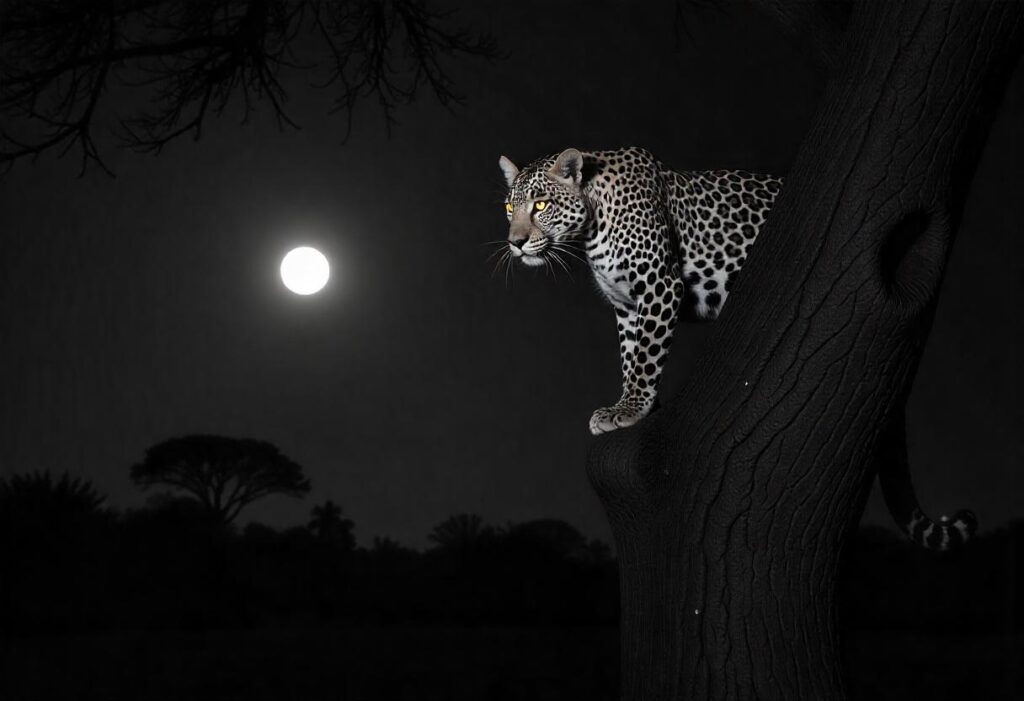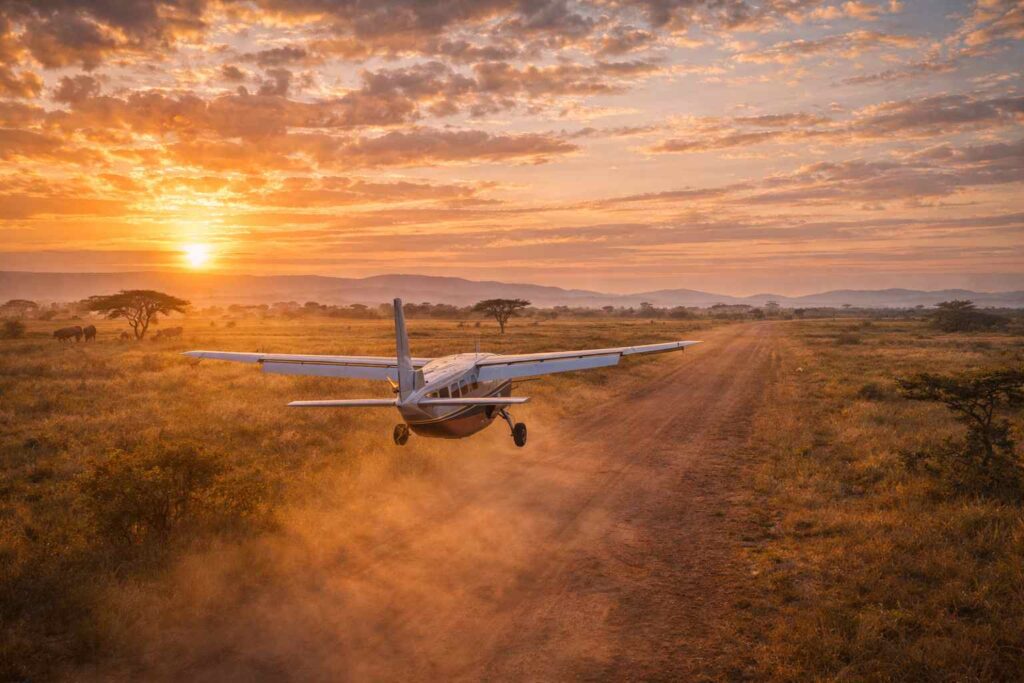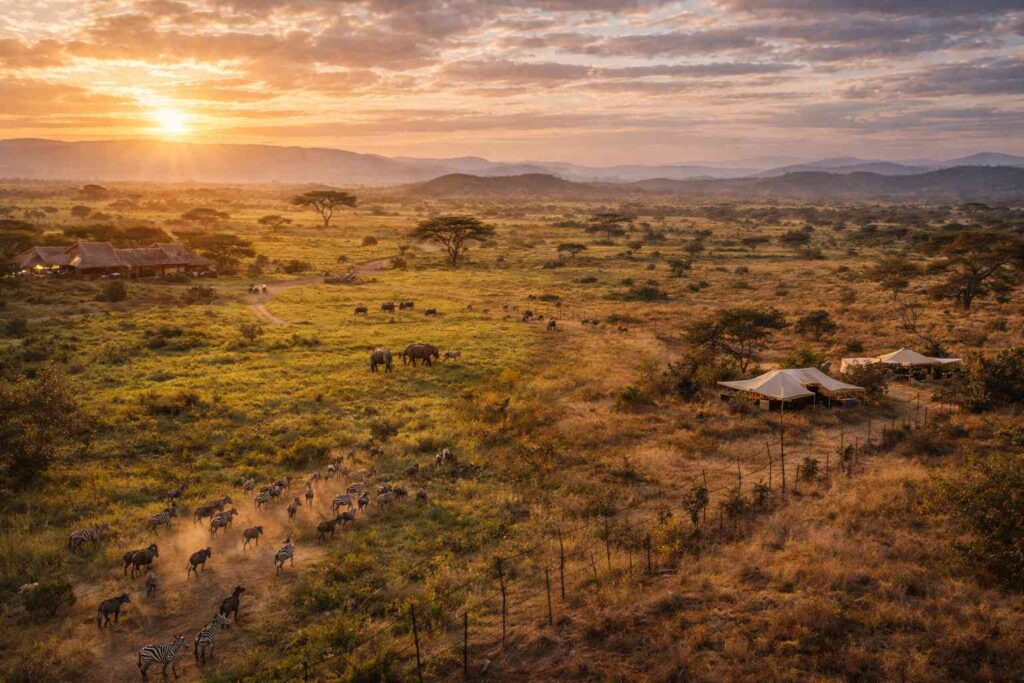Silent guardians of the wild, African rangers are the unsung heroes behind every conservation success story.
Why rangers are essential to conservation in Africa
Rangers are the frontline defenders of Africa’s wildlife. From patrolling vast protected areas to engaging with local communities, their responsibilities are critical to the survival of countless endangered species.
Protecting wildlife from poaching
One of the most vital roles of a ranger is deterring and responding to illegal poaching. Their physical presence in conservation areas helps reduce the threat of poachers targeting elephants, rhinos, pangolins, and other high-risk species.
Armed patrols, tracking technologies, and intelligence gathering are all part of the modern ranger’s toolkit. Some rangers also work in rapid response units to dismantle poaching networks.
Monitoring ecosystems and biodiversity
Beyond anti-poaching efforts, rangers play a key role in ecological monitoring. They record animal movements, population trends, and habitat conditions, providing invaluable data to researchers and conservationists.
This boots-on-the-ground insight supports decisions on land management, species protection, and climate resilience across African reserves and parks.
Supporting communities and conservation education
Rangers often come from the very communities that border protected areas. This makes them uniquely positioned to bridge the gap between conservation authorities and local populations.
They run environmental education programs, assist in human-wildlife conflict resolution, and promote sustainable practices—building community trust and long-term support for conservation.
The challenges rangers face on the frontlines
Despite their importance, rangers often work under extreme pressure and with limited resources.
Physical and psychological dangers
Rangers regularly face life-threatening situations. Whether it’s encounters with armed poachers or navigating dangerous terrain and wildlife, the job is both physically and mentally taxing.
Additionally, long periods away from families, exposure to trauma, and high-stress conditions can take a toll on their well-being.
Lack of equipment and support
Many ranger teams operate with outdated gear, limited communication tools, and minimal backup. In some areas, they also lack sufficient training or funding—making their critical work even harder.
NGOs and conservation organizations are increasingly stepping in to provide ranger support, including uniforms, medical supplies, GPS equipment, and mental health resources.
Celebrating and supporting rangers
International Ranger Day and global recognition
Each year on July 31st, World Ranger Day honors those who risk their lives for nature. It’s a moment to recognize the sacrifices made by rangers, remember those who have fallen in the line of duty, and advocate for stronger ranger support globally.
How you can help
- Donate to organizations that support ranger training and welfare.
- Visit responsibly: Choose safari operators and parks that invest in ranger programs.
- Raise awareness: Share their stories and support policies that protect conservation staff.
Conclusion: The heart of African conservation
Rangers are not just guards with boots and binoculars. They are educators, scientists, peacekeepers, and protectors. Without them, Africa’s rich biodiversity would face even greater threats. Supporting their efforts is not only a moral responsibility—it’s the key to the future of conservation on the continent.
FAQs
Rangers typically undergo physical, tactical, and ecological training, preparing them for anti-poaching patrols and wildlife monitoring.
Yes, many rangers work closely with local communities to promote coexistence with wildlife and raise awareness about conservation.
Rangers often face significant risks, including armed poachers, harsh environments, and wildlife encounters while on patrol.
Modern rangers are equipped with GPS tracking, drones, and data tools to monitor wildlife and respond faster to threats.
You can donate to conservation NGOs, sponsor ranger programs, or choose safaris that directly support ranger-led initiatives.
Park rangers often focus on guiding and maintenance, while anti-poaching rangers specialize in wildlife protection and law enforcement.
Yes, increasing numbers of women are joining ranger forces, playing key roles in both conservation and community leadership.






